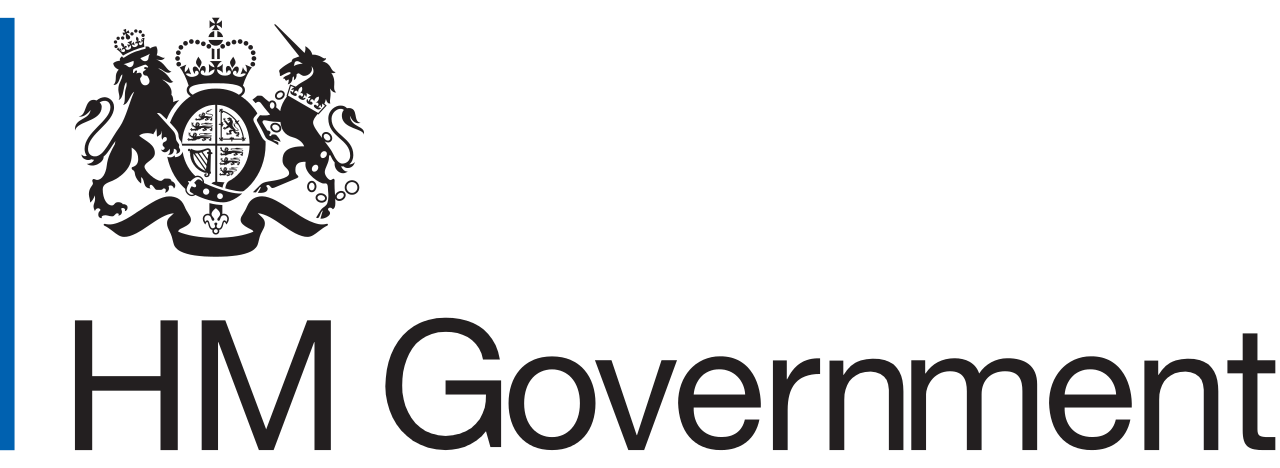The United Kingdom has historically played a leading role in developing parliamentary democracy and in advancing literature and science. At its zenith in the 19th century, the British Empire stretched over one-fourth of the earth's surface. The first half of the 20th century saw the UK's strength seriously depleted in two world wars and the Irish Republic's withdrawal from the union. The second half witnessed the dismantling of the Empire and the UK rebuilding itself into a modern and prosperous European nation. As one of five permanent members of the UN Security Council and a founding member of NATO and the Commonwealth, the UK pursues a global approach to foreign policy. The Scottish Parliament, the National Assembly for Wales, and the Northern Ireland Assembly were established in 1999. The latter was suspended until May 2007 due to wrangling over the peace process, but devolution was fully completed in March 2010.
The UK was an active member of the EU from 1973 to 2016, although it chose to remain outside the Economic and Monetary Union. However, frustrated by a remote bureaucracy in Brussels and massive migration into the country, UK citizens on 23 June 2016 narrowly voted to leave the EU. The so-called “Brexit” will take years to carry out but could be the signal for referenda in other EU countries where skepticism of EU membership benefits is strong.
Members:
Resources
Displaying 211 - 215 of 782Heather and Grass etc. Burning (Wales) Regulations 2008 (W.S.I. No. 1081 (W. 115) of 2008).
These Regulations concern the control of the burning of heather, rough grass, bracken, gorse and vaccinium. The Regulations prohibit burners from starting burns between sunset and sunrise, and require them to ensure that there are sufficient persons and equipment to control burns and to take all reasonable precautions to prevent injury or damage arising from burns. The Regulations also prohibit burning without a licence outside the “burning season”.
Commons Registration (England) (Amendment) Regulations 2009 (S.I. No. 2018 of 2009).
These Regulations amend the Commons Registration (England) Regulations 2008: in relation with the transitional period; by specifying the model entries relevant to registrations made under section 19 of the Commons Act 2006; and by permitting a registration authority to allow an applicant longer than the period of 21 days within which to respond to representations made about his or her application.
Amends: Commons Registration (England) Regulations 2008 (S.I. No. 1961 of 2008). (2008-07-21)
Infrastructure Planning (Applications: Prescribed Forms and Procedure) Regulations 2009 (S.I. No. 2264 of 2009).
These Regulations prescribe various matters in connection with the making of an application for development consent as provided for by the Planning Act, 2008. They set out requirements in relation with applications for consent to be granted by the Infrastructure Planning Commission.
Implements: Planning Act 2008 (Cap. 29). (2008-11-26)
Amended by: Localism Act 2011 (Infrastructure Planning) (Consequential Amendments) Regulations 2012 (S.I. No. 635 of 2012). (2012-03-01)
Infrastructure Planning (Environmental Impact Assessment) Regulations 2009 (S.I. No. 2263 of 2009).
These Regulations provide for the grant of development consent for development which is, or forms part of, a nationally significant infrastructure project. The Regulations impose procedural requirements, in particular, the carrying out of environmental impact assessment (EIA) in relation to applications for development consent and in relation to applications for subsequent consent, which are applications for the approval of requirements imposed by orders granting development consent.
Organic Farming Regulations (Northern Ireland) 2008 (S.R. No. 172 of 2008).
These Regulations provide for the payment of grant to farmers who agree to introduce organic farming methods and comply with the management requirements and standards of good agricultural and environmental condition provided for in Articles 4 and 5 of and Annexes III and IV to Council Regulation (EC) No 1782/2003. Grants shall be paid to farmers who are certified by an organic inspection authority as having agreed to a plan to convert all or part of their holding to organic farming methods.


